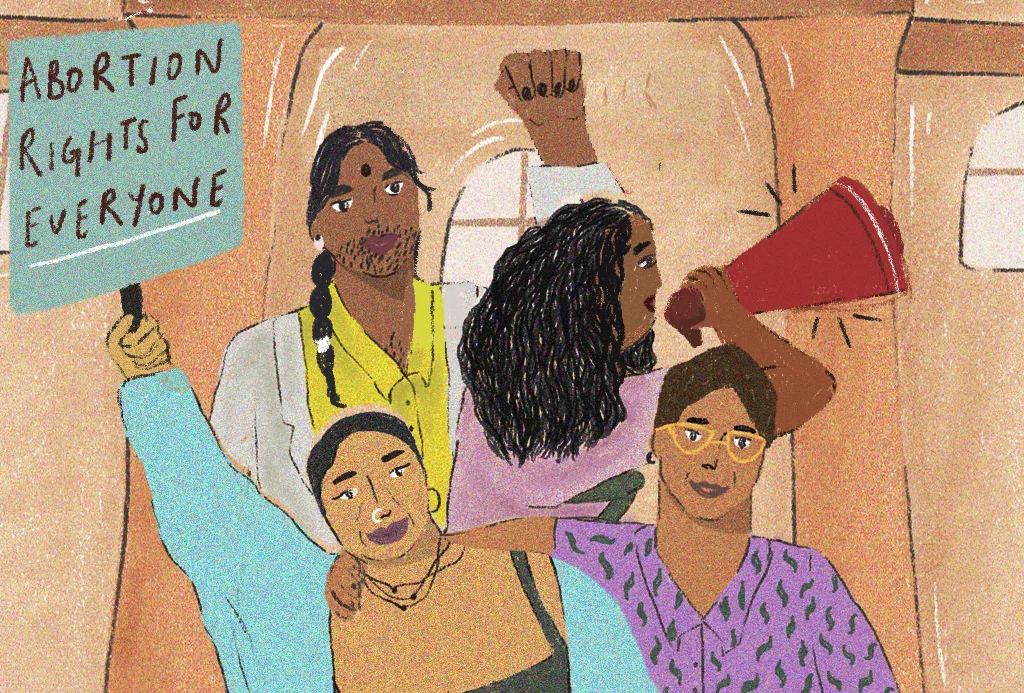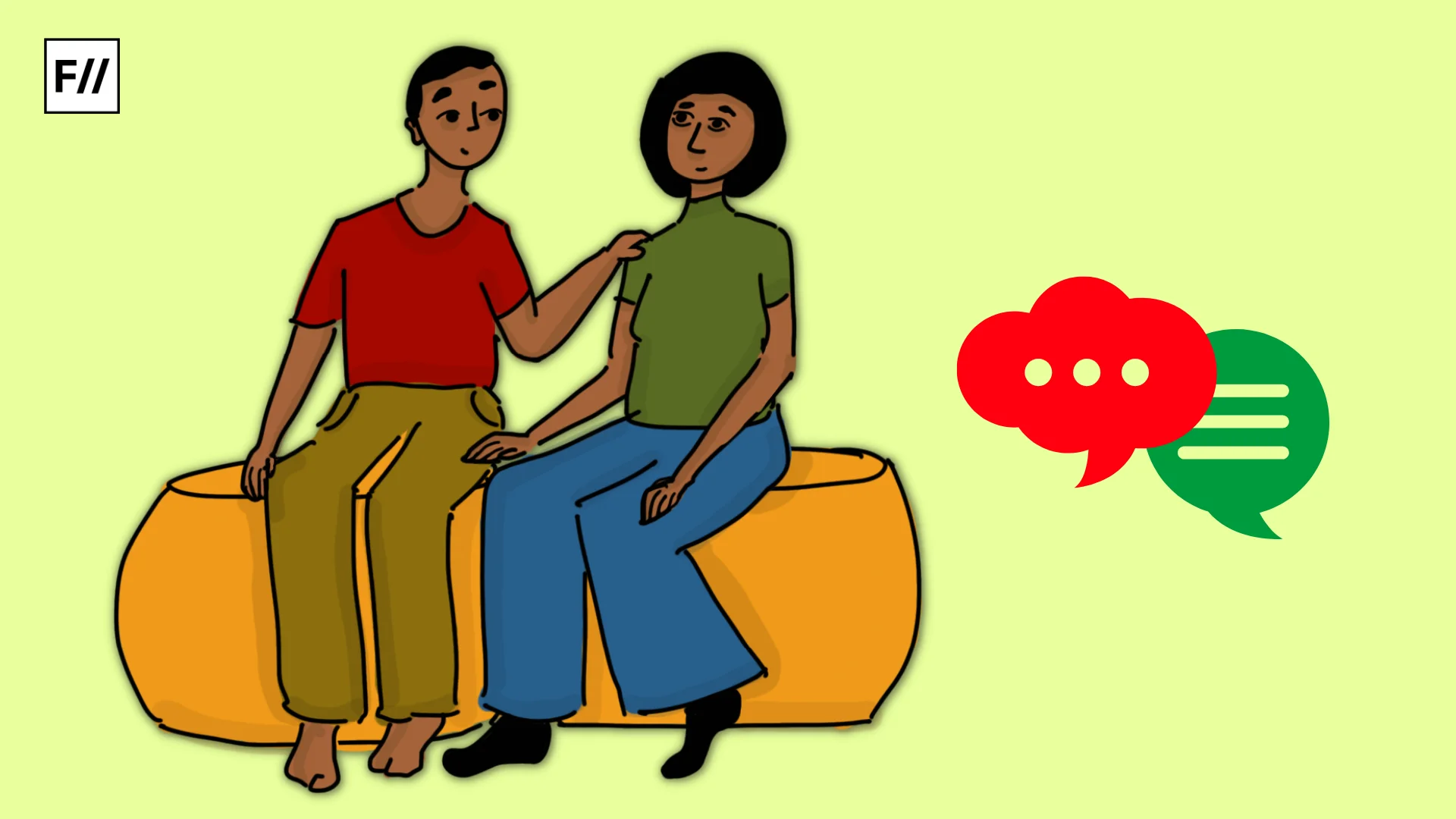The Medical Termination of Pregnancy or MTP Act, 1971 has come under scrutiny numerous times for its regressive and out-dated provisions. Some of which include, ratification by two medical professionals in case of a request for termination of pregnancy after 12 weeks and before 20 weeks. Many women have approached the judicial courts for permission to abort the foetus after 20 weeks in case of delayed detection of anomalies and sexual assault. Dr Nikhil Datar had lodged a petition in court against the MTP Act in 2009, demanding that the termination period be extended to 26 weeks, highlighting cases in which the foetus was detected to have deformities or abnormalities. On September 11th 2019, Ministry of Health and Family Welfare issued a reply to the petition stating, “Pregnant woman’s right to abort her pregnancy is not an absolute right, and the right to abortion must be balanced against the compelling State interest of protecting the mother’s health and the life of the foetus/unborn child.”
A study by Diana Greene Foster and Katrina Kimport titled, “Who Seeks Abortions at or After 20 Weeks?” states that preventing abortion after 20 weeks disproportionately affects young women, especially those with limited financial resources. While the study was conducted in the United States, the same is also found to be true in India. Nikhil Datar, the petitioner described a case where he was approached by a woman who was 22 weeks pregnant with a foetus who was detected to have fluid in the brain but was legally prohibited from terminating the pregnancy. The baby was born with no bowel control and other medical problems. He was only able to live for a few years, which left a lifelong impact on the family given the fact that they were not financially well off and had diverted all of their earnings to the baby’s care.
On September 11th 2019, Ministry of Health and Family Welfare issued a reply to the petition stating, “Pregnant woman’s right to abort her pregnancy is not an absolute right, and the right to abortion must be balanced against the compelling State interest of protecting the mother’s health and the life of the foetus/unborn child.”
What the Ministry of Health and Family Welfare also does not recognise is the fact that prohibiting abortions after 20 weeks does not mean that women do not terminate said pregnancies. A study by Lancet Global Health indicates that out of the 15.6 million abortions in India in 2015, 78% were outside health facilities. It is an indisputable fact that strict and arbitrary restrictions by States are always circumvented through illegal channels. These illegal means are also extremely harmful. Another study conducted in 2015 states that 10-13% of maternal deaths in India are due to unsafe abortions.
Also read: Abortion Rights In India And The Absence Of The Pro-Life/Pro-Choice Debate
The issue of abortion is also one of consent. When a woman who is 20 weeks pregnant demands that she be allowed to have an abortion, it means that she does not give her consent to carrying the foetus. When she is denied the right to abortion, she is being forced by the State to carry the foetus despite her wishes. This means that an external force is taking away her right to choose what she does with her body, and therein lies the fundamental problem with women not being allowed the absolute right to abortion.
There are many who argue that abortion after 20 weeks is harmful, while this may have been true decades ago, this myth has been debunked time and time again. RV Ashokan, the Secretary of Indian Medical Association states, “Science has moved on. Now, pregnancy can be terminated up to 24 weeks.”
What the Ministry of Health and Family Welfare also does not recognise is the fact that prohibiting abortions after 20 weeks does not mean that women do not terminate said pregnancies.
The MTP Act of 1971 is also heavily clouded with biases against unmarried women. It allows abortion if “pregnancy occurs as a result of failure of any device or method used by any married woman or her husband for the purpose of limiting the number of children”. This provision is thus not extended to unmarried women who want to terminate their pregnancy in case of failure of contraception.
When reproductive rights are not extended to citizens, they can have devastating consequences. The fact that women are opting for unsafe abortions despite being fully aware that they are deadly, rather than carrying the foetus to term is something which is critically important and needs to be given the attention that it deserves. It has been 50 years since abortion was legalised in India, but the voices and demands of women are still going unheard. Women who terminate their pregnancies are still looked at as vicious and criminal in the eyes of many, oftentimes even by the State, rather than as simply human beings who wish to make an independent decision about their body and future.
Also read: We Need To Stop Restricting Abortion Access In The Name of Women’s Rights
References
- The Medical Termination of Pregnancy Act, 1971
- Who Seeks Abortions at or After 20 Weeks?
- Indian women seeking abortions beyond 20 weeks face desperate legal struggles
- Right To Abortion Must Be Balanced With Compelling State Interest To Protect Health Of Mother And Foetus, Centre Tells SC
- Abortion in India: Experts call for changes
Featured Image Source: Marie Claire
About the author(s)
Yameena is passionate about feminism and activism




